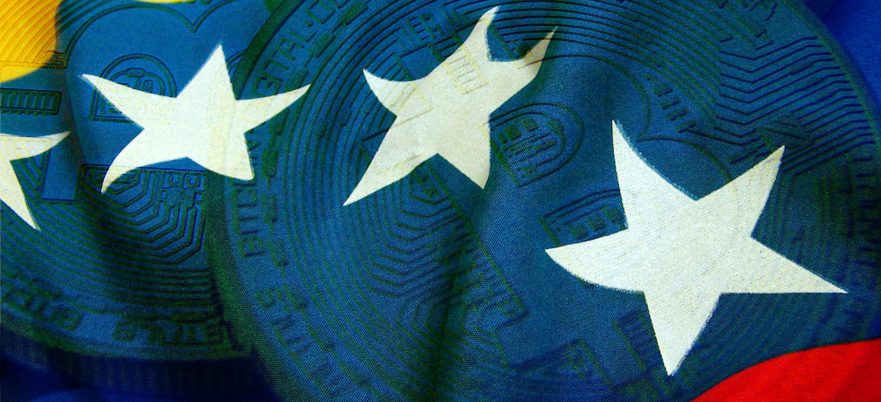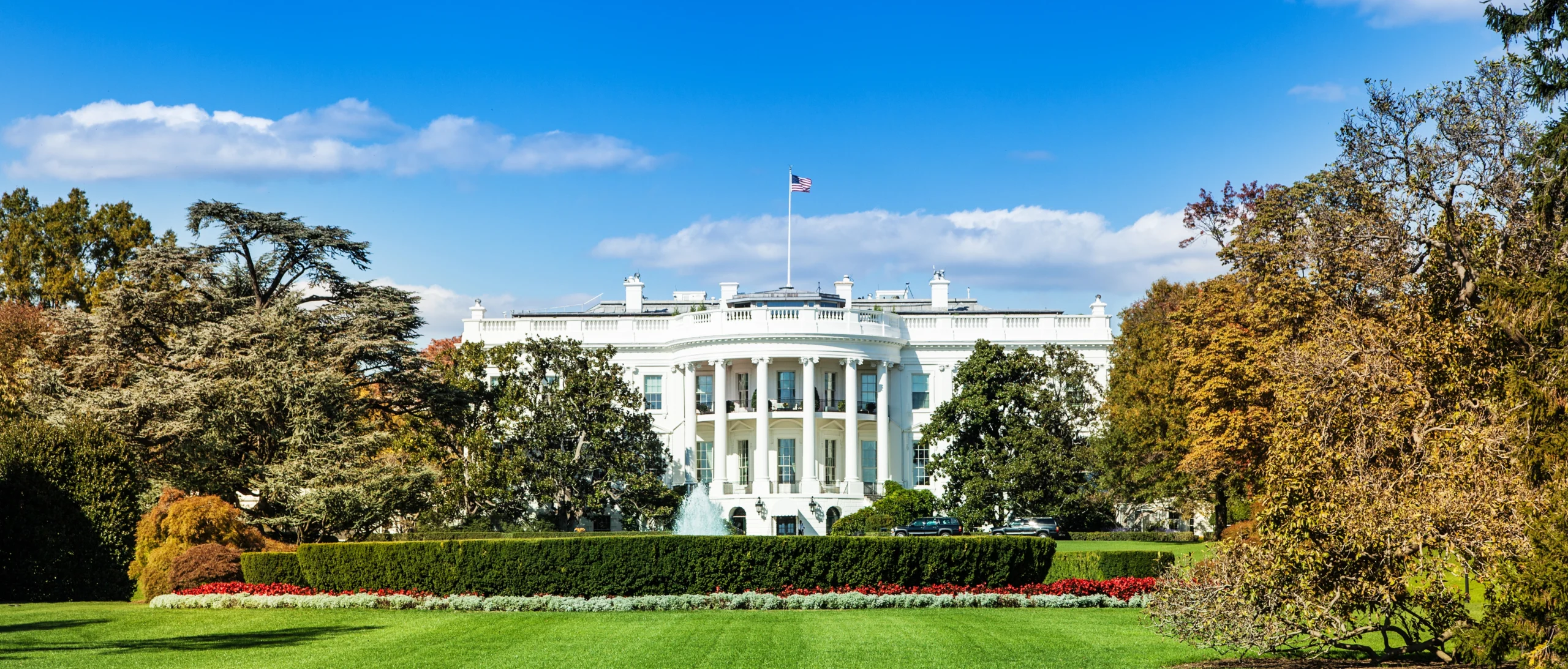|
Getting your Trinity Audio player ready...
|
The stride towards a cashless society is inevitable, and we have Venezuela to prove it.
The South American country is reportedly on the verge of foregoing its bolivar currency in favor of a new one—Bitcoin—as it comes to grips with hyperinflation, according to an expert.
Daniel Osorio, of Andean Capital Advisors, told CNBC that “we are beginning to see in Venezuela potentially the first Bitcoinization of a sovereign state.” And the country’s slide towards cryptocurrencies is born not from technological or intellectual interests, but simply out of necessity.
Osorio, who spends a week per month in Venezuela, said a simple lunch could cost well over 100,000 bolivars, or about $4-$5, which means that Venezuelans would need a backpack full of cash to pay for food. This is why locals have started accepting money wires of foreign currencies and Bitcoin as payments.
“You wire the money to the owner of the restaurant. He gives you his coordinates to wire the money,” Osorio said in the interview. “It’s becoming a cashless society, and I think that brings in something really interesting and provocative.”
Venezuela is in the middle of the worst inflation period in history, with current levels circling 2,000 percent. This is even beyond the International Monetary Fund’s (IMF) predication of 1,640 percent. The situation is already affecting all aspects of daily living in the country, and the reports of food and medical supplies shortages, weak oil prices and rampant theft has forced the government to declare a state of economic emergency.
A massive “bitcoinization” movement has yet to happen in Venezuela, but there is no doubt that the ever growing hyperinflation-related issues are creating an important opportunity for Bitcoin adoption in the country. After all, there is no other currency that is independent of the black market for bolivars—and therefore a fixed exchange platform—than Bitcoin.

 02-05-2026
02-05-2026 




